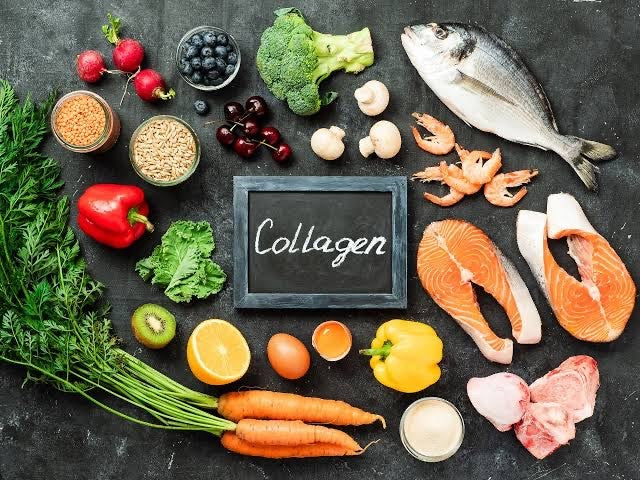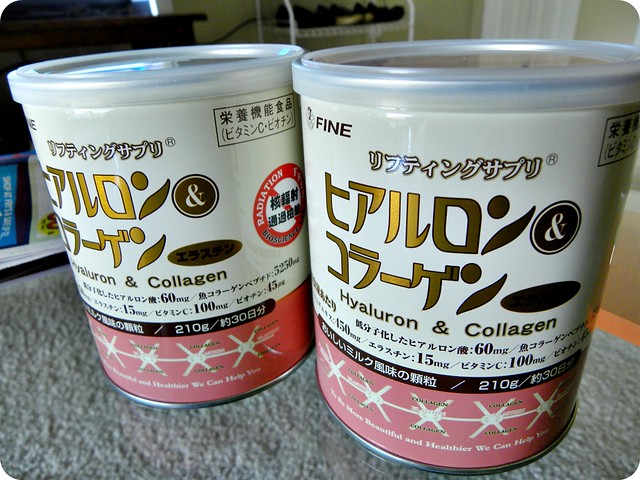
Collagen and During Pregnancy
During pregnancy, a woman’s body undergoes remarkable changes to nurture and sustain the growth of a new life. Nutrition plays a pivotal role in ensuring both maternal health and proper fetal development. Among the various nutrients crucial during this period, collagen stands out as a key player. Collagen, often associated with skincare and joint health, also holds significant importance for pregnant women. In this article, we delve into the role of collagen in supporting maternal health and fetal development during pregnancy.
Understanding Collagen
Collagen is the most abundant protein in the human body, constituting a significant portion of connective tissues, such as skin, bones, tendons, and ligaments. It provides structural support, elasticity, and strength to various bodily structures. While the body naturally produces collagen, its synthesis tends to decline with age, environmental factors, and certain lifestyle habits.
Collagen and Pregnancy
During pregnancy, the demand for collagen significantly increases as it plays several critical roles in supporting maternal health and fetal development:
1. Skin Elasticity and Stretch Marks Prevention
As the body undergoes rapid changes to accommodate the growing fetus, maintaining skin elasticity becomes essential. Collagen supports skin health by improving elasticity, thereby reducing the risk of stretch marks—a common concern for many pregnant women.
2. Joint Support
Pregnancy puts additional strain on the joints due to weight gain and hormonal changes. Collagen helps maintain joint integrity and flexibility, alleviating discomfort and promoting mobility during pregnancy.
3. Structural Development of Fetal Tissues
Collagen is a vital component in the formation of various fetal tissues, including the skin, bones, cartilage, and blood vessels. Adequate collagen intake during pregnancy supports the proper development of these structures, ensuring the overall health of the growing baby.

4. Wound Healing
Collagen plays a crucial role in tissue repair and wound healing. During childbirth, women may experience tears or episiotomies that require proper healing. Adequate collagen levels facilitate the healing process, promoting faster recovery postpartum.
Food Sources of Collagen
While collagen are available, pregnant women can also boost their collagen intake through natural food sources, including:
- Bone Broth: A rich source of collagen, minerals, and amino acids, bone broth can be incorporated into soups, stews, or consumed as a warm beverage.
- Lean Protein: Foods like chicken, fish, and lean cuts of beef provide essential amino acids necessary for collagen synthesis.
- Eggs: Egg whites contain collagen-building blocks such as proline and glycine.
- Fruits and Vegetables: Colorful fruits and vegetables are rich in vitamin C, which plays a key role in collagen production.
Safety Considerations
While collagen is generally considered safe for consumption during pregnancy, it’s essential to consult with a healthcare provider before incorporating any making significant dietary changes. Pregnant women should prioritize a balanced diet rich in nutrients essential for maternal and fetal health. For more insights and further information about the best marine collagen, you can visit their page to learn more.
Conclusion
Collagen plays a crucial role in supporting maternal health and fetal development during pregnancy. From maintaining skin elasticity to promoting proper structural formation in the fetus, collagen’s benefits are manifold. By incorporating collagen-rich foods into their diet, pregnant women can ensure adequate intake of this essential protein. However, it’s vital to prioritize safety and consult with healthcare providers before making any dietary changes or usage with collagen products.







